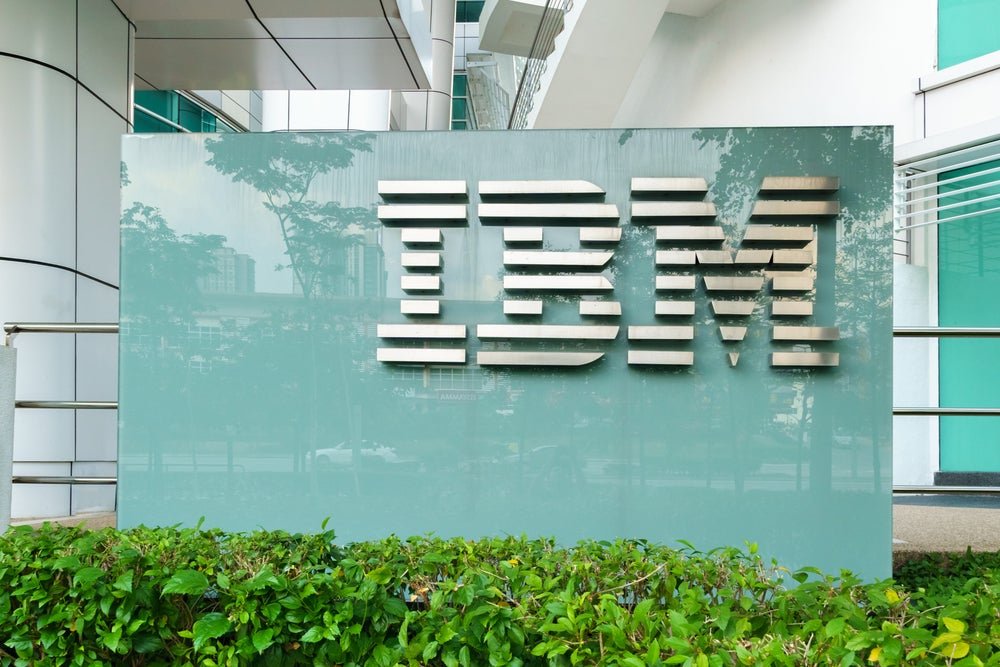Last week a draft research paper that appeared briefly online but was then promptly withdrawn brought news that Google had achieved quantum supremacy, meaning its computers had performed calculations that today’s traditional high-speed computers could not accomplish in a reasonable amount of time.
Purportedly, Google’s Sycamore quantum processor, using 53-qubits, performed calculations in 200 seconds that would have taken today’s supercomputers over 10,000 years to complete.
The power and potential of such an achievement are awe-inspiring, even if there are no obvious practical applications today.
The accomplishment does much to reinforce Google’s position as a thought leader in the realm of high-performance computing. The cloud provider established a reputation as a trailblazer with the launch of AI-optimised tensor processing units (TPUs) several years ago; it solidified its position last year when the company unveiled Bristlecone, a 72-qubit quantum computer, which overpowered IBM’s 50-qubit processor.
With this latest milestone, Google demonstrates that it is determined to lead the competition when it comes to research in emerging technologies. The timing of the leaked draft paper was opportune, as it came within days of IBM’s announcement that its 53-qubit quantum computer would be commercially available by mid-October, eclipsing the buzz around Big Blue’s news.
What does the announcement mean for enterprises?
Should businesses be preparing for changing business models? Should they anticipate a flood of innovative applications enabled by a new realm of computing? Or, should they be concerned about the advent of technology that can crack all current encryption techniques? Not at all.
Quantum computing still has its limitations, and Google’s accomplishment does not mean we are close to seeing quantum computers perform the calculations required to break security codes – this would require thousands of qubits. Furthermore, quantum computing can be susceptible to environmental noise, and quantum chips are unstable and highly prone to interference from heat and electricity.
But the milestone does have implications for the future, providing a glimpse of what may be coming our way. In the meantime, companies interested in testing the waters should check out IBM’s quantum simulator and its Quantum Computation Center in Poughkeepsie, New York, which will soon include 14 quantum systems, one of which will be a 53-qubit quantum computer.








